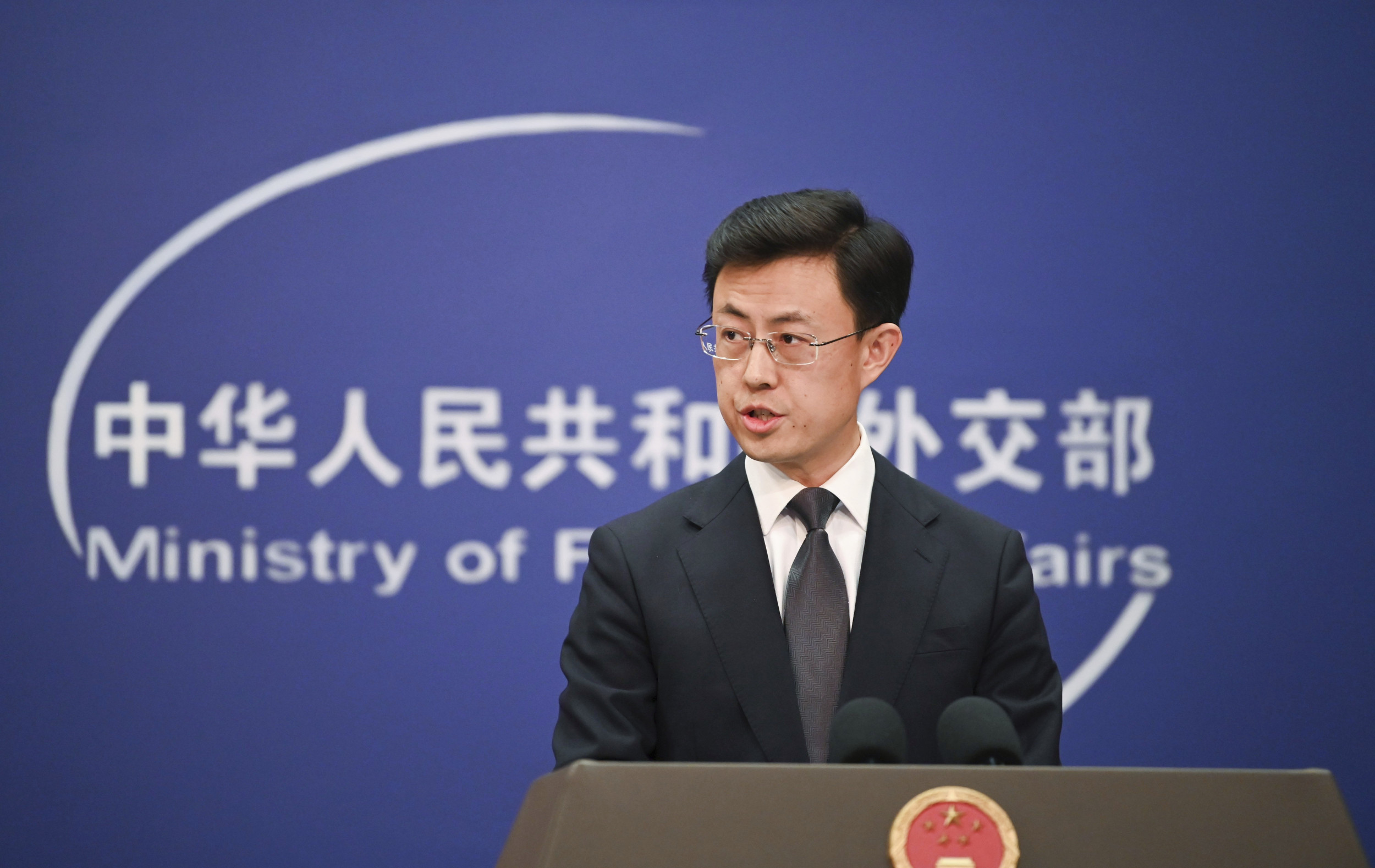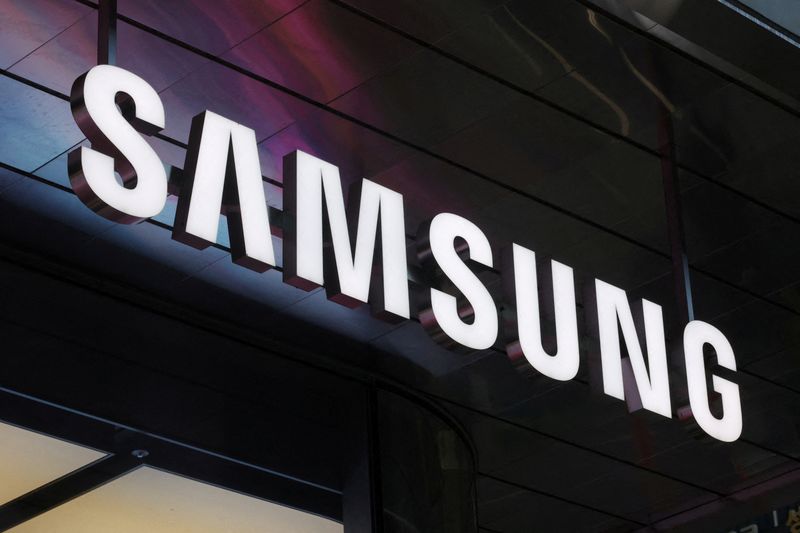China had a list of demands for Washington after the State Department removed a line about the U.S.’s opposition to the independence of Beijing-claimed Taiwan from a fact sheet.
Newsweek contacted the State Department and Taiwan’s Foreign Ministry for comment by email outside office hours.
Why It Matters
The government in Taiwan, officially known as the Republic of China, has ruled the island since retreating there after losing the Chinese civil war to Mao Zedong’s communist forces. Taiwan has never declared independence—a move China has threatened war over—but functions as a sovereign state with its own democratic government, military and defined territory.
To establish diplomatic relations with Beijing, China requires countries to recognize the “One China” principle and cut official ties with Taiwan. For more than four decades, the U.S. has followed a “One China” policy, acknowledging—but not endorsing—China’s claim over the island of 23 million and not expressing support for de jure Taiwan independence.
Johannes Neudecker/Associated Press
What To Know
Last week, the State Department removed the phrase “we do not support Taiwan independence” from its fact sheet on Taiwan relations.
It is unclear why the phrase was removed or whether the move is related to a policy change ordered by the Trump administration.
During the Chinese Foreign Ministry’s regular news briefing on Monday, spokesperson Guo Jiakun said the State Department had “gravely backpedaled,” flouted international law and violated standing agreements with Beijing.
“This is another example of the U.S. clinging to its wrong policy of ‘using Taiwan to contain China,'” he added. Guo urged the U.S. to “immediately correct its wrongdoings.”
He also demanded that Washington “stop upgrading its substantive relations with Taiwan, stop helping Taiwan expand so-called ‘international space,’ stop emboldening and supporting ‘Taiwan independence’ and avoid further severe damage to China-U.S. relations and peace and stability in the Taiwan Strait.”
On Saturday, U.S. Secretary of State Marco Rubio met with his Japanese and South Korean counterparts in Munich.
In a joint statement, the trio stressed the importance of peace and stability in the Taiwan Strait and opposed “any attempts to unilaterally force or coerce changes to the status quo.” In a first for the three nations, the diplomats also urged greater meaningful participation for the island in international organizations.
The State Department previously deleted the “Taiwan independence” line in 2022, only to reinstate it a few weeks later following strong objections by Chinese officials.
Taiwanese President Lai Ching-te has said there is no need to declare independence because Taiwan is already an independent nation.
While the U.S. does not officially recognize Taiwan as such, it remains its strongest supporter and the source of the island’s foreign weapons.
What People Are Saying
Sean King, an Asia scholar and a senior vice president at Park Strategies, told Newsweek: “It’s not a substantive or material change, as there’s no independent ‘Taiwan’ for the U.S. to support anyway because Taipei’s never declared independence as Taiwan per se … But removing this effectively academic ‘don’t support’ language is nonetheless a sympathetic nod toward—and emotional boost for—Taipei’s elected government.
“Also important in this statement are the words on Taiwan-Pentagon cooperation and the less-caveated language calling for the island’s participation and membership in international organizations.”
Taiwanese President Lai Ching-te wrote on X, formerly Twitter, on Friday: “Today I reaffirmed Taiwan’s commitment, as global dynamics shift, to working with the U.S. and global partners. Alongside efforts to raise our defense budget to 3 percent of GDP, we’ll deepen ties with the U.S. as we boost investment, balance trade relations and build democratic supply chains.”
What Happens Next
In recent years, China has ramped up military, economic and diplomatic pressure to further isolate and coerce Taiwan. U.S. defense and intelligence officials have warned that Chinese President Xi Jinping has directed his military to be capable of moving against the island by 2027.
Trump’s recent comments have fueled doubts in Taiwan over whether the U.S. would meaningfully intervene.
The president has accused Taiwan, the world’s top producer of advanced semiconductors, of “stealing” the U.S. chip industry. Days after his inauguration on January 20, he repeated the claim and vowed to bring chip manufacturing back to the U.S., threatening tariffs of up to 100 percent.


